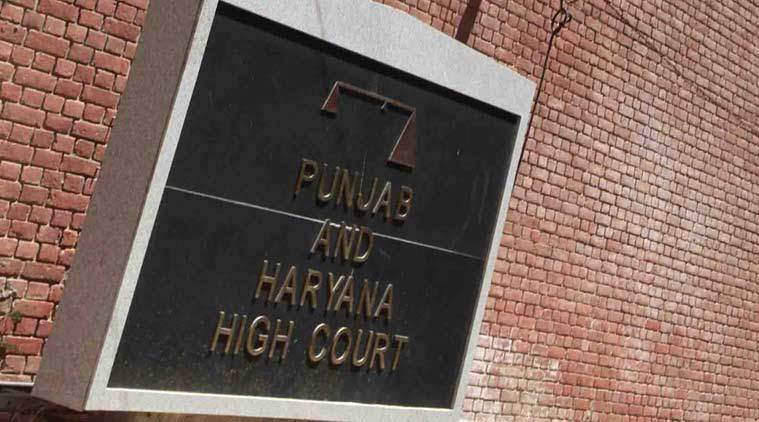
The Punjab and Haryana High Court Thursday ruled that appointment of Advisor to the UT Administrator as chairman of Value Added Tax Tribunal, without inclusion of any judicial member in the forum, is against the mandate of apex court.
The High Court also directed the advisor not to pass any final orders in any of the 30 pending appeals against tax assessment till further orders from court.
“Advisor is an IAS officer who may be a good administrator but cannot be inferred to be totally independent, impartial and a good adjudicator,” the order reads.
The division bench of Justices Jaswant Singh and Arun Kumar Tyagi in an interim order said it needs to be examined whether the advisor has any expertise in taxation matters, warranting his appointment without any judicial member in the tribunal. The administration’s counsels were unable to disclose whether he had any expertise in taxation matters.
“The advisor is performing part time duty of chairman of the tribunal and full time job of advisor, and being a functionary of UT Administration, his appointment clearly amounts to transfer of judicial function to executive, which is not permissible,” the division bench said in the order, adding, the pendency of 30 appeals or the concurrence of the High Court Chief Justice on administrative side to the appointment cannot be a ground to overlook mandate of apex court.
Observing that every citizen has a right to be heard by an independent, impartial and judicious adjudicator, the division bench in the order further stated, “This court cannot doubt integrity or administrative ability of advisor but he cannot be expected or viewed to be independent and impartial when he is overall incharge of affairs of UT Chandigarh”.
The order was passed in a petition filed by the pharmaceutical company, Ind-Swift Limited, Chandigarh, against the advisor’s appointment as chairman of the tribunal, under Section 4 of the Punjab Value Added Tax Act, 2005. A demand of Rs 14.33 crore tax has been raised from the company by authorities, “for alleged wrong availment of Input Tax Credit for the year 2011-12”, through an order passed on January 14, and an additional demand of interest of Rs 20.15 crore with penalty of Rs 31.61 crore has also been made.
An appeal against the tax assessment was dismissed by the Deputy Excise and Taxation Commissioner (DETC) on February 15, for non-compliance of the requirement of deposit of 25 per cent. The appeal against the dismissal is now pending before the VAT tribunal, and the 25 per cent deposit has already been paid by the company in pursuance to the High Court orders. The Director of the company, Nav Rattan Munjal, was granted interim bail by the High Court on February 22 in the FIR regarding “alleged wrong availment of Input Tax Credit,” after nearly two and a half months of custody.
On merits, senior advocate, Akshay Bhan, on behalf of the company, argued that assessment order is barred by limitation because assessment was framed after the expiry of three years period, prescribed for framing assessment. Bhan further argued that the authorities are duty bound to appoint a judicial member in the tribunal in accordance with the view taken by Supreme Court in some cases and alleged the Excise and Taxation Department appointed its own Advisor as the sole member or chairman to decide the appeals.
Though the court did not agree with the petitioner counsel’s argument that tribunal must consist of more than one member, it observed the plea for appointment of a judicial member in the forum.